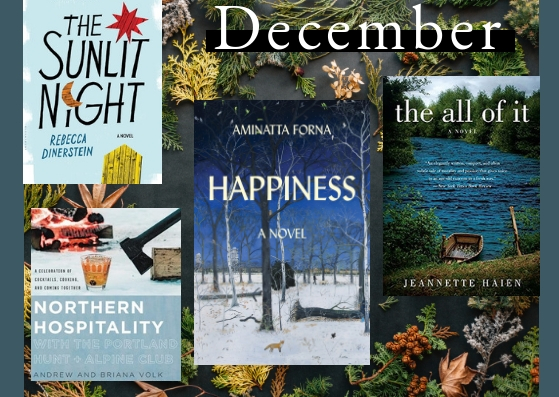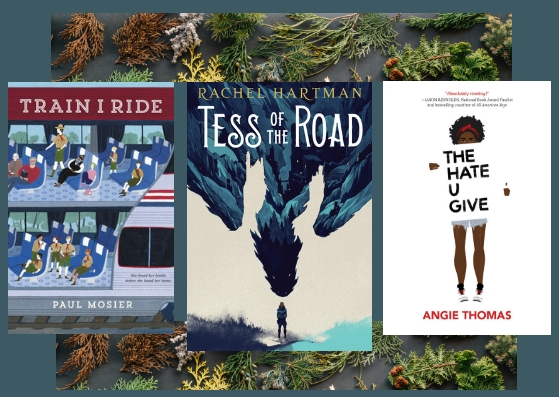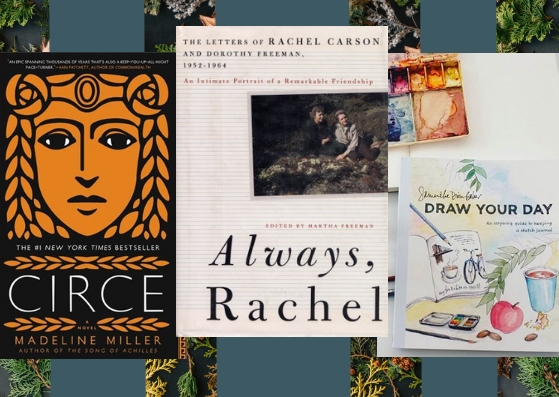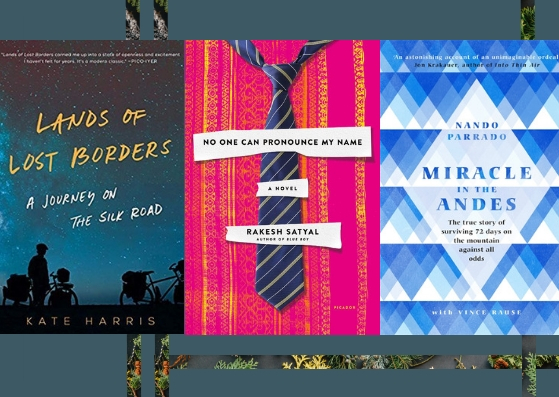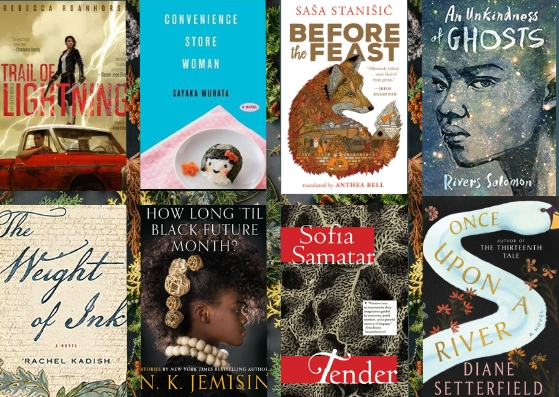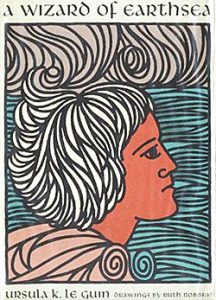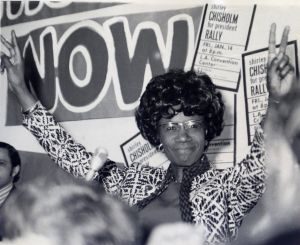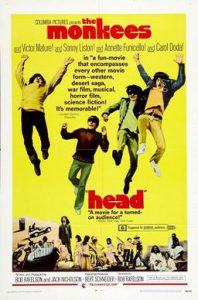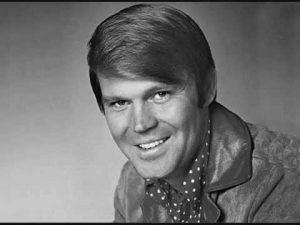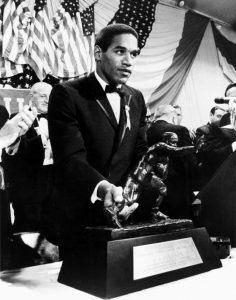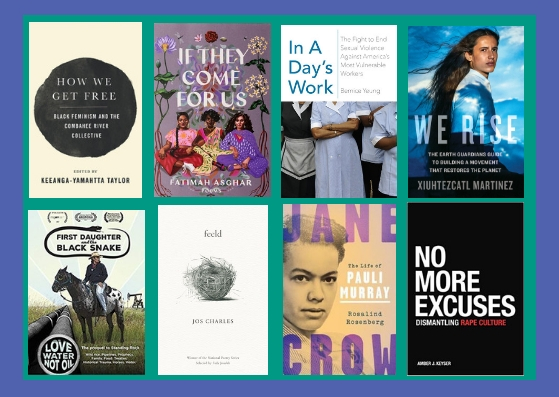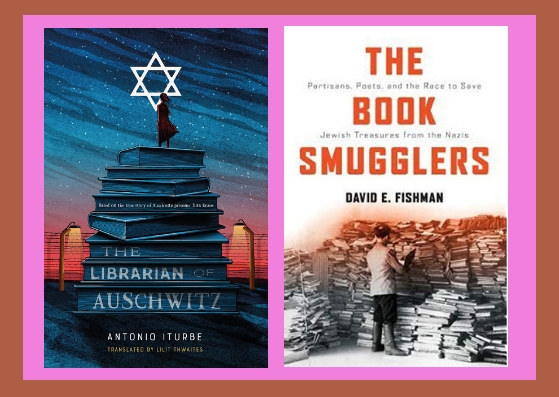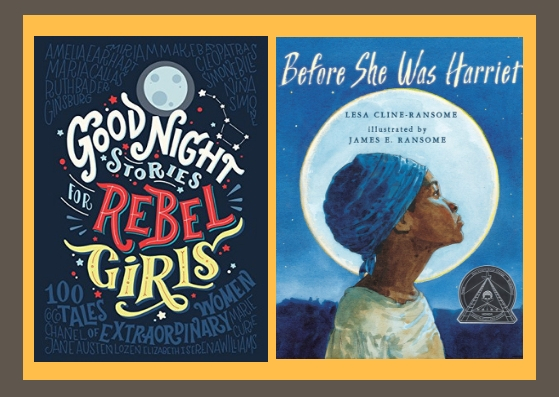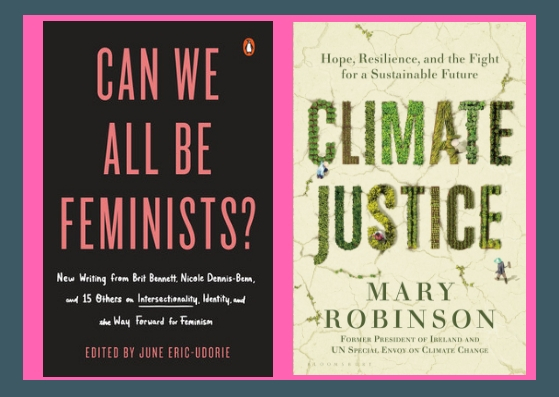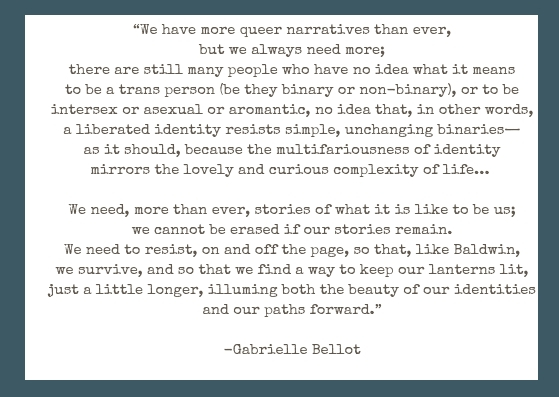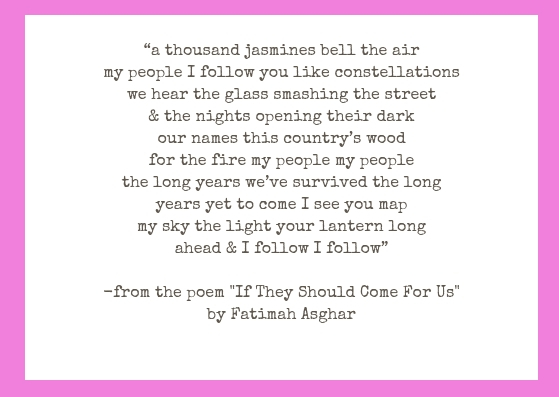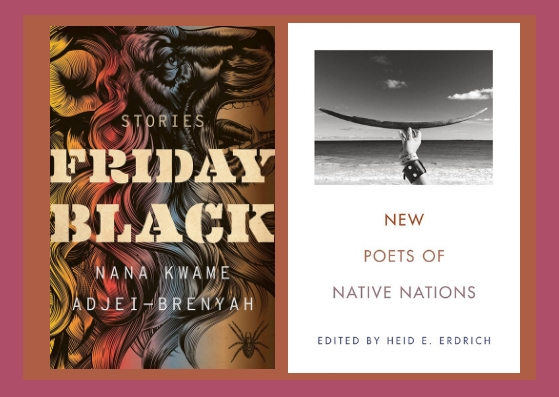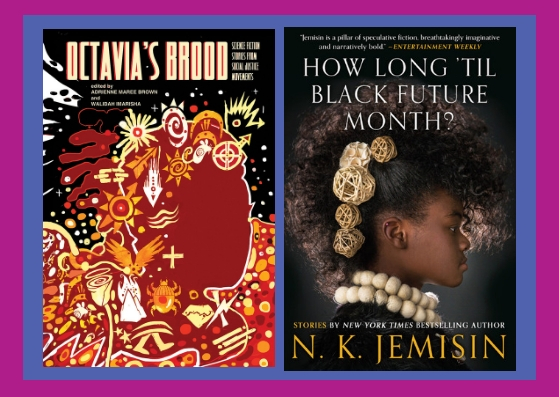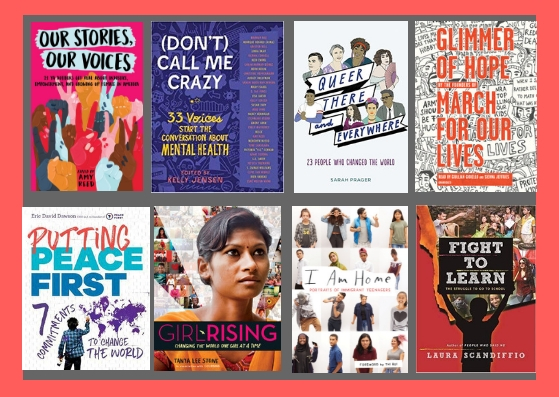At Year’s End: Our Staff Picks
posted: , by Elizabethtags: Library Collections | Recommended Reads | Adults | Seniors | Readers Writers
In December our library staff writes about a year of reading and a few favorites, old and new, that have stuck out for them lately. Here you’ll find trains and dragons, brave voices and new beginnings, paintbrushes and letters, friendships and journeys, and all sorts of the other good things you can discover at the library any day of the year you come to explore. As always, thank you for reading, and if you’re looking for more books, be in touch!
________________________________
Eileen’s Picks
“He called out again, ‘Goodnight, Enda,’ then turned the wheel hard to the right and started off down the track of the moonlit, homing lane.”
In a tiny guest room wedged under the eaves of our little house, we tuck in the occasional visitor. Because I feel unease when sleeping away from home I aim to provide my minimalist notion of hospitality for those similarly afflicted: a fat comforter parked at the foot of the bed, a choice of pillows from envelope thin to Jet-Puffed plump, a nightstand with one drawer, a clock and a lamp. If a sleepover insomniac feels curious, there is the drawer to explore. Therein they will find two books, one a worn paperback copy of The All of It by Jeannette Haien. With corners rounded to softness, wide margins to let the story breathe, its 145 pages will make wakefulness worthwhile. It is perfectly proportioned for holding while supine, slight enough to tumble gently to the covers if sleep overtakes.
The All of It encompasses life’s sorrow and gladness, wildness and wariness, judgement and forgiveness, endings and beginnings… in fact, the all of it, including a generous serving of salmon fishing. I love the beauty of its Irish-flavored cadence, the grip of main character Enda’s extraordinary and simple story, irresistibly evocative in the telling. Words to describe it? I steal “gem” and “unpretentious” and “perfection” from the reviewers; and purloin a phrase from the book itself: “soft, companionable, lyrical.” To that I will add a sigh of deep satisfaction, straight from my heart.
If you’re still awake, reach back in the drawer. You’ll have in hand a nearly wordless picture book that delights me every time I look at it, Good Dog, Carl by Alexandra Day. A respectable appearing woman sets off to do errands, leaving her crib-bound child in the capable paws of Carl, a Rottweiler whose abilities and sense of adventure make him the babysitter children, parents and grandparents alike will want on speed dial. No reading specs required for this one, making it ideal for perusal in bed. It has a happy ending. Sleep will soon follow.
Carrie’s Pick
I absolutely love to take the train across this vast and diverse country of ours. Train I Ride, by Paul Mosier, reminds me to hope. To have hope for the future, no matter what today may bring. Hope for myself, no matter the mistakes of the past. Hope for my daughter, and all the children of today, that they will be brave enough to keep trying to make the world a better place, even in the face of all the destruction adults have wrought. Rydr is brave and bold and real and full of faults just like us. And yet she perseveres. She rides the train to the end of the line, unsure of what might be waiting for her, and learns that the journey is what prepares us for what comes next.
Kerry’s Picks
One inspiring book I read this year is Zlata’s Diary: A Child’s Life in Sarajevo by Zlata Filipović. She chronicles her day-to-day life during the Yugoslav war in the 1990s. I am inspired by her spirit and her bravery.
Another book that inspired me is Mary’s Monster: Love, Madness and How Mary Shelley Created Frankenstein by Lita Judge. PPL doesn’t have this book but it is available to request through MaineCat. I am inspired by Mary Shelley’s story because she survived great hardships in her life and still wrote one of the greatest pieces of literature of all time.
Cindy’s Picks
“This is an awful thing that’s happened to you, but it’s also presenting you with a rare opportunity. You have the chance to rebuild yourself from the ground up, to make a completely fresh start.”
I recently finished ReStart by Gordan Korman. It is a middle-grade novel about second chances. Chase wakes up from a coma after falling off the roof of his house (under mysterious circumstances!) to discover that he doesn’t know anything about himself, who his parents are or anything at all. He quickly begins to discover that he was mostly recently the biggest bully in his school. People cower in fear of him, and from time to time, Chase has memories that come back to him of the things that he did. He doesn’t like who he used to be, and so he begins life anew.
ReStart is a real feel-good novel (growth comes through mistakes made along the way) that will leave you feeling that it’s possible to do the right thing, while at the same time you’re reading a book you just. can’t. put. DOWN!
“I remember being born. In fact, I remember a time before that. There was no light, but there was music: joints creaking, blood rushing, the heart’s staccato lullaby, a rich symphony of indigestion. Sounds enfolded me, and I was safe.”
I’ve also been listening to the audio version of Seraphina, a YA novel by Rachel Hartman. The narrator has the most amazing English accent that somehow brings together the lavish, grand world of Goredd, with dragons masquerading as humans and lush world-building filled with delicious foods, music, clothing in a world only forty years out of a vicious and cruel civil war between the dragons and humans. Don’t miss this beautiful book, the beginning of a series which also includes Shadow Scale and Tess of the Road. Whether you read or listen, you are in for a marvelous treat!
Harper’s Pick
“She still held sorrows, but she was not made of them. Her life was not a tragedy. It was a history, and it was hers.”
I initially picked up Rachel Hartman’s Tess of the Road because I liked the cover (sometimes you can judge!) and because “girl dresses up as a boy and runs away” is a trope that will catch my attention every time. I had not yet read Seraphina and Shadow Scale, Hartman’s original two novels set in the world of Goredd, and so had no idea what I was getting into. You don’t need to read the duology to understand this companion novel, however—set 5 years after the concluding events of Shadow Scale, Tess’ world is built clearly through the perspective of her life story, and it’s easy to follow.
Tess is a strong and stubborn character, with a myriad of flaws and a traumatic backstory that we don’t learn the full extent of until close to the end of the book. Yes, there are dragons, and lizard-people, and other fantasy elements — but the real magic of this book is the journey Tess takes (both externally and internally) to find her place in the world. Hartman deals excellently with issues of underage pregnancy, sex-and-body-shaming families and cultures, alcohol use as a coping mechanism, coercive sex, coping with trauma, cultures with varying gender roles and expectations, disability…the list goes on, but Tess does not at all feel “preachy”–these things are simply facts of life for Tess, who has to make sense of them and herself in order to continue existing in the world. Tess is lovable in her flaws, her despair and anger and (eventual) joy, and her attempts to dissociate herself from traumatic memories are presented realistically and are relatable. When she finally does have the strength to deal with her past, there is no magical cure-all that makes everything “all better,” but instead there’s an acknowledgement that life, recovery, and hope are things we must work on in order to survive: “Maybe the world isn’t really different, but I am different, and I am in the world.”
I cannot stop thinking about this book and its message that life is, for all of us, a daily decision to continue to “walk on” through our histories and struggles. Highly recommended to anyone who has ever felt a little lost, a little hurt, and needs a little inspiration to remind themselves that sometimes just being is enough.
Joanna’s Pick
I read The Hate U Give, by Angie Thomas, earlier this year and I really enjoyed it. I thought it was easy to read yet it really made me think—also, it had very well-written dialogue!
Gail’s Pick
Hundreds of books pass through my hands every week. Some I forget instantly. Others I can’t stop thinking about. Draw Your Day: An Inspiring Guide to Keeping a Sketch Journal was one of the ones I’ve remembered. Just the brief look I had has already inspired me to begin sketching and journaling a little every day. I can’t wait for somebody to return it so I can peruse it more slowly. Get on the hold list for this book and get inspired!
Sarah’s Picks
Circe by Madeline Miller is an intelligent and beautifully written book about love, family, magic, adventure, and monsters, with a strong female character at the heart of it all. It’s a lovely retelling of Greek Mythology which is compelling that I haven’t stopped thinking about since I devoured it last spring. Miller is definitely a writer to watch, and I can’t wait for her next venture!
As temperatures drop and daylight wanes, I’m really feeling the vibe of Northern Hospitality with the Portland Hunt + Alpine Club. In addition to recipes for craft cocktails and Scandinavian bites that you can find at Andrew and Briana Volk’s restaurant in downtown Portland, the book has features on shucking oysters, ice fishing, and building bonfires that really evoke the feeling of Maine with a sense of wonder.
Hannah’s Pick
The Sunlit Night by Rebecca Dinerstein—literally a bright light in the darkness of winter, beautifully imagined Nordic landscapes and wonderfully eccentric characters, this novel has been adapted to a film which will premiere at Sundance and star Jenny Slate, Zach Galifinakis, and Gillian Anderson. A perfect read for these long dark days, full of sunlight and joy. It inspired me to get out and play in the snow!
Nora’s Picks
“Perhaps if we could have arrange our lives as we would have chosen—in daily association—we might have defeated ourselves by so doing, for it may well be that enforced separation, and the necessity of writing instead of speaking, have contributed to the depth of love and understanding that have developed,” Rachel Carson writes to her beloved friend in a letter excerpted in Always, Rachel: The Letters of Rachel Carson and Dorothy Freeman. And once again, I find myself nodding along to Carson’s intuitive words; my friends who know me best are those who are scattered across the country and receive my letters on the regular, not those whom I see every day. And might it perhaps be true that if we arranged our lives as we wished, we’d miss out on quite a bit that enriches our paths?
The friendship between Carson and Freeman began by chance and developed into an unabashedly loving and frenetic correspondence that traces the years 1952 to 1964 across postal routes, following everyday details, from blueberry picking to canine shenanigans, as well as the personal side of Carson’s writing, launch to success, and final illness. Perhaps Carson’s insight is a testament to the very reason for writing at all: that we often bare our truest selves more easily on the page than in person. An enveloping read for those who harbor a fondness for the days of more frequent snail mail or just want to lose themselves in a double-sided narrative infused with affection.
Sticking a letter in the mailbox is, for me, a kind of wish or prayer—a hand out in the universe asking to connect. What’s more inspiring than one wish? Myriad wishes expressed around the world in different ways, as beautifully portrayed by Roseanne Thong’s Wish. The picture book pairs verse with prose explanations of wishing traditions across the globe, and Kleven’s mixed media illustrations carry with them the joys and colors of diversity. Whether we’re pressing lucky peacock feathers, slipping dreams between wall cracks, wishing on weasels, or lobbing coins, we share in a worldwide culture that, no matter the challenges we perceive, persists in finding creative ways to launch our prayers.
Meg’s Picks
Life Among Giants by Bill Roorbach was the first book I read this year and I’ve thought about this novel so many times this year, including while driving the Merritt Parkway and while eating mushroom soup, and I keep coming back to the same question, is it a mystery or is it a story about the complexities of human love? Not that those are mutually exclusive, but the characters, their relationships, and landscapes around them are so vivid that I forget that the root of the novel is a murder mystery.
And then there’s Kate Harris’ Lands of Lost Borders: A Journey on the Silk Road. What a brain. Although this book is far more than a beautifully written travelogue, I have been dreaming and scheming of long bike trips since I finished it.
Mark’s Pick
Blood and Beauty by Sarah Dunant—as The New York Times Book Review put it: “Dunant transforms the black-hearted Borgias and the conniving courtiers and cardinals of Renaissance Europe into fully rounded characters, brimming with life and lust.”
Emily C’s Picks
The end of the year always has me thinking of the “Best Of” the year’s books I’ve read, and which favorites I discovered. I encountered new authors who wrote works I loved, like Rakesh Satyal, whose novel No One Can Pronounce My Name caught my eye on an LGBTQ+ display at the library. I was delighted to listen to new audiobooks by favorite authors, like Kate Atkinson’s Transcription, which drew me in with its world of espionage during WWII and narrator Fenella Woolgar’s wry asides. I was inspired and moved by the words of Rebecca Traister in Good and Mad, and will be buying a big stack for upcoming holiday gifting. And my kids delighted in taking out huge stacks of picture books, discovering favorites to read over and over, like The Princess in Black and Lumberjanes, and being especially excited to discover audiobooks to pair with the stories. I look forward to sharing these favorites and more with friends and family in the coming weeks, and with readers in the library next time I’m on the desk!
Marie’s Pick
Nando Parrado was a shy 22-year-old when the plane carrying his rugby team crashed in the Andes in 1972. He emerged as an unexpected leader, urging his friends to stay alive at any cost, and to coordinate their own rescue.
“Challenging the mountains was the only future this place would allow me, and so, with a sense of grim resolve that was now more ferociously entrenched than ever before, I accepted…that I would never stop fighting to leave this place, certain the effort would kill me, but frantic to start the climb.”
Parrado and a fellow teammate trekked 45 miles through the Andes in 10 days, wearing only street clothes and rugby cleats, before reaching civilization. While Parrado was responsible for saving many lives, his heroics are glossed over in favor of eloquent reflection in his astonishing memoir, Miracle in the Andes.
Written more than thirty years after the disaster, Miracle in the Andes is an inimitable reflection. Parrado describes unimaginable pain and loss with grace, balancing the spiritual with the corporeal, never playing up the salacious details or his own achievements. If anything shines through it is his humility– he writes that everyone has “their Andes,” their own seemingly insurmountable trials.
“As we used to say in the mountains, ‘Breathe. Breathe again. With every breath, you are alive.” After all these years, this is still the best advice I can give you: savor your existence. Live every moment. Do not waste a breath.”
Elizabeth’s Picks
In these days of bright screen after screen, settling in to the papery depths of a book feels like rest for my eyes, and my mind profoundly enjoys one author and one story for a time, a welcome respite from clicking and scrolling. My favorite fiction in 2018 had characters who hooked me, ideas, plots, imagination and world-building that gripped me, and sheer invention and heart that drew me in to tales riddled with ghosts, gods, spaceships and cities, islands, plagues, falcons and foxes, lovers and the dead—stories of violence, loss, end times, love, identity, tenderness, connection, life. Fantastical or realistic, these aren’t escapist stories: they all point to the world we live in and re-imagine its troubles, heroes, and possibilities anew.
There have been unforgettable characters in extraordinary circumstances: Candace Chen of Severance, the ultimate millennial workplace survivor; Maggie Hoskie, the Dinétah monster hunter of Trail of Lightning; Ama, the knife-wielding, herbal-tea-distributing teenager of Friday Black. A pair of favorite star-crossed, brainy, revolutionary lovers in space: Aster and Theo of An Unkindness of Ghosts. Ghosts and folk and myth and fairy and new tales have been abundant, and I hope for as many intriguing stories next year as the ones found in Before the Feast, Himself, Tender, Tess of the Road, Once Upon a River, Circe, Spinning Silver, and How Long ‘til Black Future Month? And there was much moving, thoughtful or funny realistic fiction: Sayaka Murata’s Convenience Store Woman, Rachel Kadish’s The Weight of Ink, and Aminatta Forna’s Happiness. (Just to name a few). I’m looking forward to all the gems of 2019, and a winter curled up with a stack of new books.
________________________________

